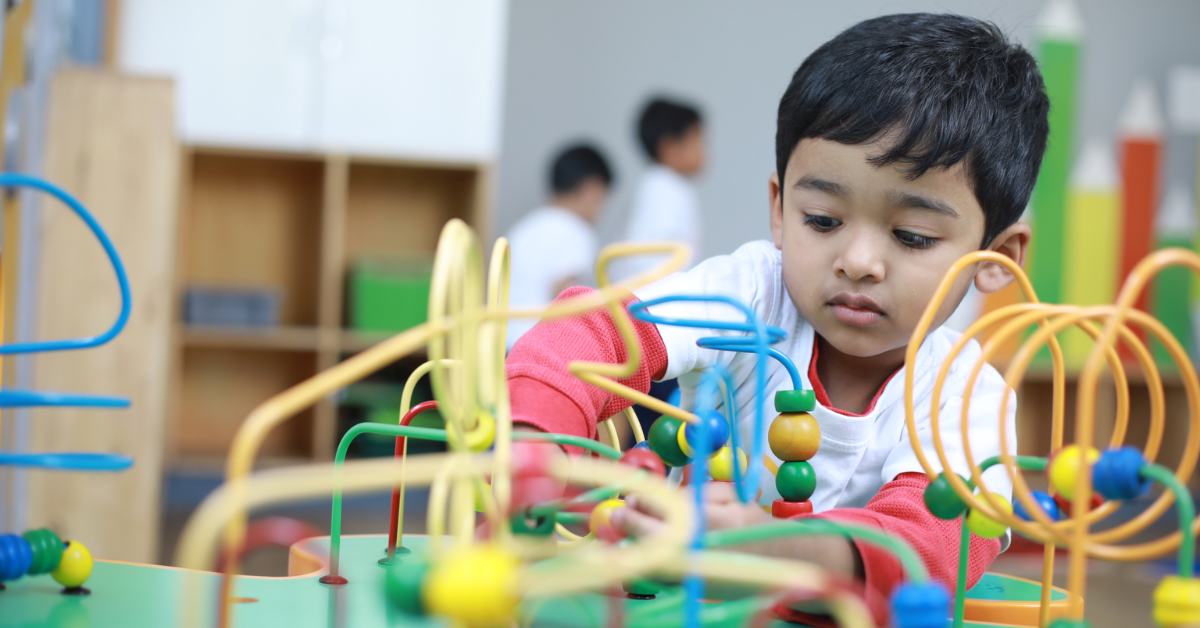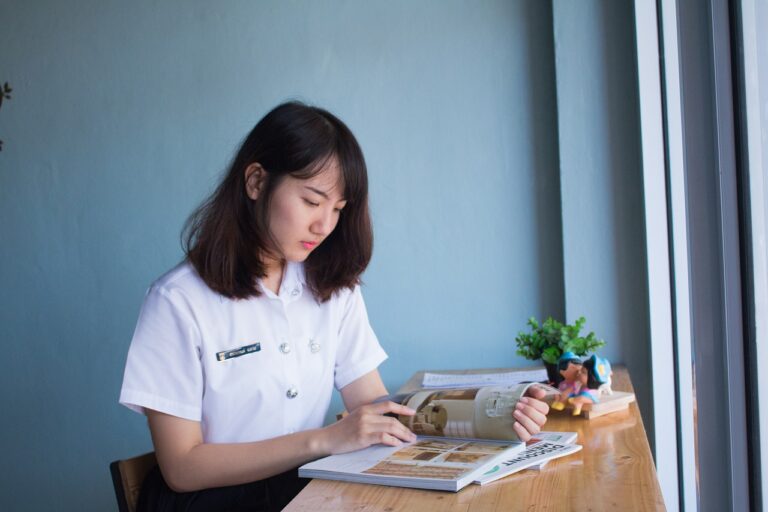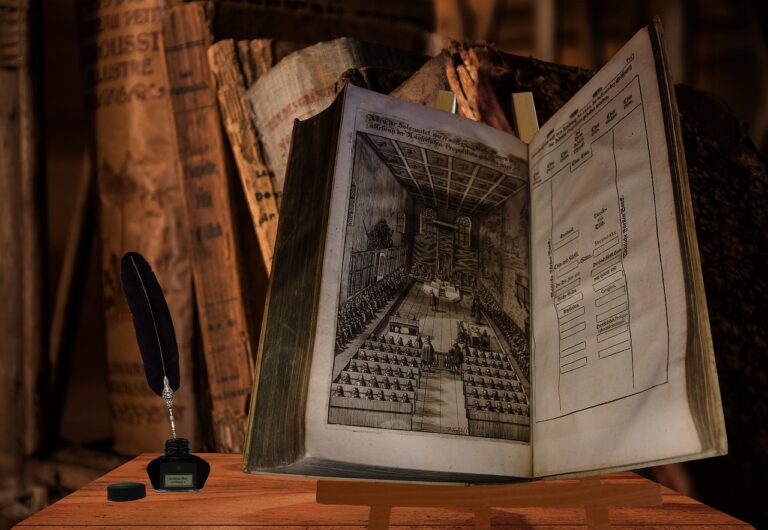Comprehensive Guide to Choosing the Best Playgroup Schools Near me
Finding the right playgroup school for your child is one of the most important decisions you’ll make as a parent. A playgroup sets the foundation for your child’s early learning journey, helping them develop social, cognitive, and motor skills while building confidence and independence. The early years of a child’s life are crucial for brain development, and a well-structured playgroup environment can make a significant difference in how a child learns and interacts with the world.
If you’re searching for Play Group Schools Near Me, understanding what to look for and how to evaluate your options will help you make an informed decision. In this article, we’ll explore the key factors to consider when choosing a playgroup, the benefits of early childhood education, and how to identify a playgroup that suits your child’s unique needs.
Why Playgroup Education Matters
Early childhood is a period of rapid growth and development. A playgroup provides a safe and nurturing environment where children can explore, discover, and interact with their peers. Play-based learning is essential during this stage because it allows children to develop creativity, problem-solving skills, and emotional intelligence through guided activities and social interaction.
Research shows that children who attend high-quality playgroup programs are more likely to succeed academically and socially in later years. This is because playgroups encourage the development of:
- Social skills – Learning to share, take turns, and cooperate with others.
- Language skills – Expanding vocabulary and improving communication through interaction with teachers and peers.
- Cognitive skills – Problem-solving, counting, recognizing shapes and colors.
- Motor skills – Improving balance, coordination, and fine motor skills through play.
- Emotional skills – Learning to express feelings and manage emotions in a supportive environment.
How to Choose the Right Playgroup School Near You
When selecting a playgroup school, it’s important to consider various factors to ensure your child receives the best possible early education experience.
1. Curriculum and Learning Approach
Different playgroup schools follow different learning approaches. Some popular methods include:
- Montessori Method – Focuses on hands-on learning, independence, and self-directed activities.
- Reggio Emilia Approach – Encourages creativity, exploration, and project-based learning.
- Play-Based Learning – Uses structured and unstructured play to teach skills and concepts.
- Waldorf Method – Focuses on imaginative play, arts, and nature-based learning.
Choose a playgroup whose curriculum aligns with your child’s learning style and interests.
2. Teacher Qualifications and Experience
The quality of teaching staff is one of the most important factors in a child’s early education. Look for schools where teachers:
- Have formal training in early childhood education.
- Are patient, nurturing, and skilled in working with young children.
- Encourage positive behavior and create a warm, inclusive environment.
Observing how teachers interact with students during a visit can give you valuable insights into their teaching approach.
3. Class Size and Student-Teacher Ratio
Smaller class sizes and a low student-teacher ratio allow for more individualized attention and better supervision. This ensures that each child receives the support they need to develop at their own pace.
- Ideal student-teacher ratio for playgroups: 8–12 children per teacher
- Smaller groups allow teachers to focus on each child’s strengths and developmental needs.
4. Facilities and Safety
A well-equipped and safe environment is crucial for early learning. When visiting a playgroup, check for:
- Clean and well-maintained classrooms.
- Age-appropriate toys and learning materials.
- Secure playground and indoor play areas.
- Emergency exits and safety protocols.
- First aid kits and trained staff for handling minor injuries.
5. Daily Schedule and Activities
A balanced schedule of structured and free play, rest, and meal times helps children feel secure and engaged. A good playgroup should include:
- Circle time for group learning and storytelling.
- Creative play (arts and crafts, music, imaginative play).
- Outdoor play for physical development.
- Snack and rest time to maintain energy levels.
A consistent routine helps children feel comfortable and understand what to expect each day.
6. Parental Involvement and Communication
Strong communication between parents and teachers is essential for monitoring a child’s progress. Choose a playgroup that:
- Provides regular updates on your child’s development.
- Allows parents to participate in school activities.
- Encourages open dialogue about any concerns or feedback.
Benefits of Attending a Playgroup School
Enrolling your child in a playgroup school offers numerous benefits beyond academics:
Improved Social Skills – Children learn how to communicate, cooperate, and resolve conflicts with peers.
Increased Confidence – Successfully completing tasks and participating in group activities builds self-esteem.
Enhanced Creativity – Exposure to arts, music, and imaginative play stimulates creativity and problem-solving.
Better Transition to Formal Schooling – Playgroups prepare children for the structured environment of primary school.
Stronger Parent-Child Bond – Parental involvement in school activities fosters trust and security.
Challenges and How to Overcome Them
While playgroup education offers many benefits, some children may face initial challenges such as separation anxiety, difficulty in adjusting to a new environment, or shyness in social interactions. Here’s how to address these issues:
- Separation Anxiety – Start with shorter sessions and gradually increase the time spent at the playgroup.
- Shyness – Encourage participation in group activities and praise positive social interactions.
- Adjustment Issues – Maintain a consistent routine at home to create a sense of stability.
FAQs About Playgroup Schools
Q1: What age should my child start attending a playgroup?
Most playgroups accept children between 18 months and 3 years. However, every child is different, so it’s important to observe whether your child is emotionally and socially ready.
Q2: How long is a typical playgroup session?
Sessions usually last between 2 to 4 hours, depending on the program and age group.
Q3: How can I prepare my child for playgroup?
Introduce your child to social settings, encourage independent play, and talk positively about the playgroup experience.
Q4: What if my child doesn’t adjust well to playgroup?
Give your child time to adjust and communicate with the teachers about any concerns. Gradual exposure and positive reinforcement can help ease the transition.
Q5: How can I tell if a playgroup is high-quality?
Look for experienced teachers, a balanced curriculum, a clean and safe environment, and positive interactions between staff and children.
Conclusion
Choosing the right playgroup school near you requires careful consideration of the curriculum, facilities, teaching quality, and your child’s readiness. A well-structured playgroup sets the foundation for lifelong learning and social development. By visiting different playgroups, asking the right questions, and understanding your child’s unique needs, you can find a nurturing and enriching environment that will support their growth and happiness.







